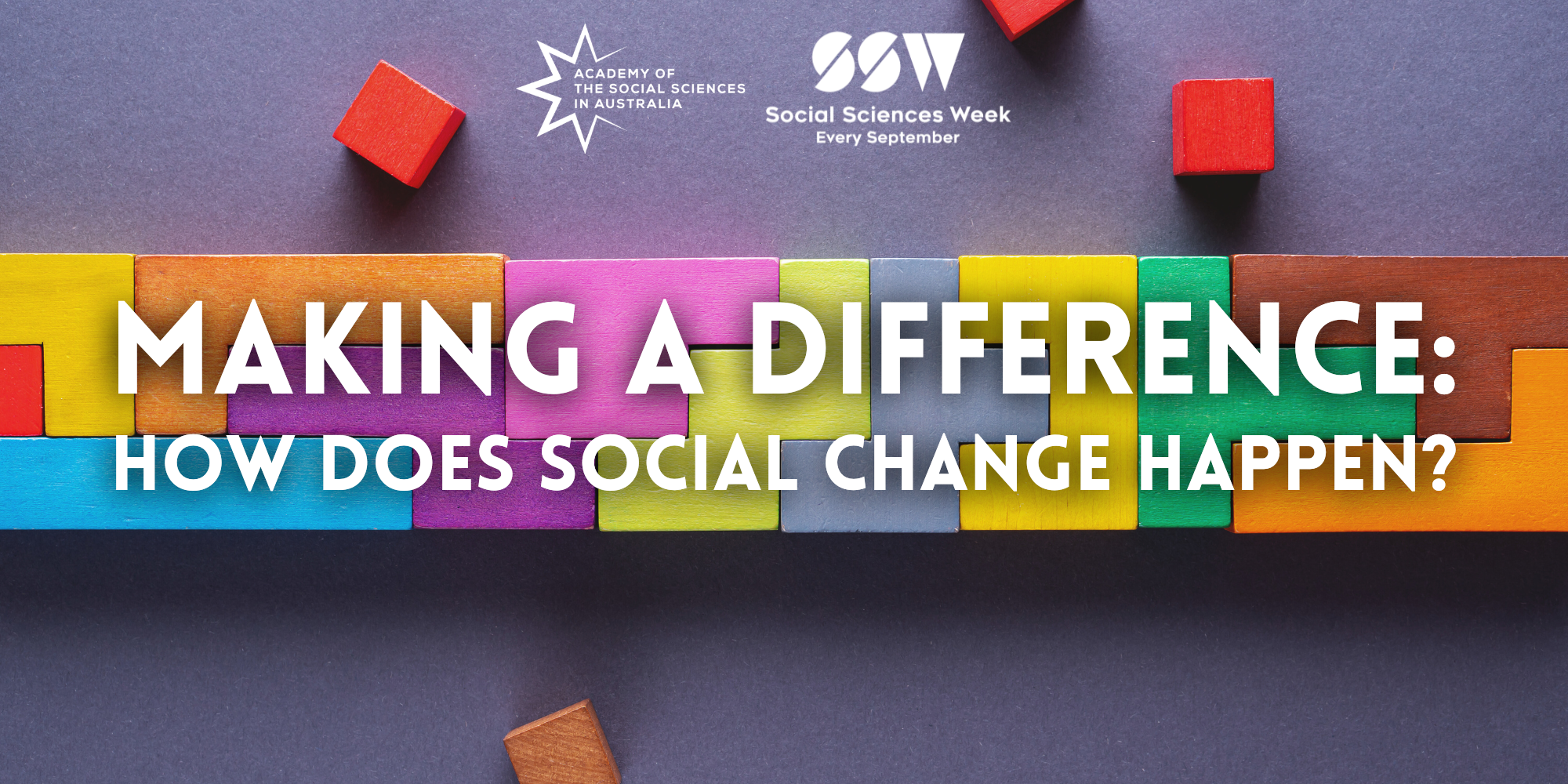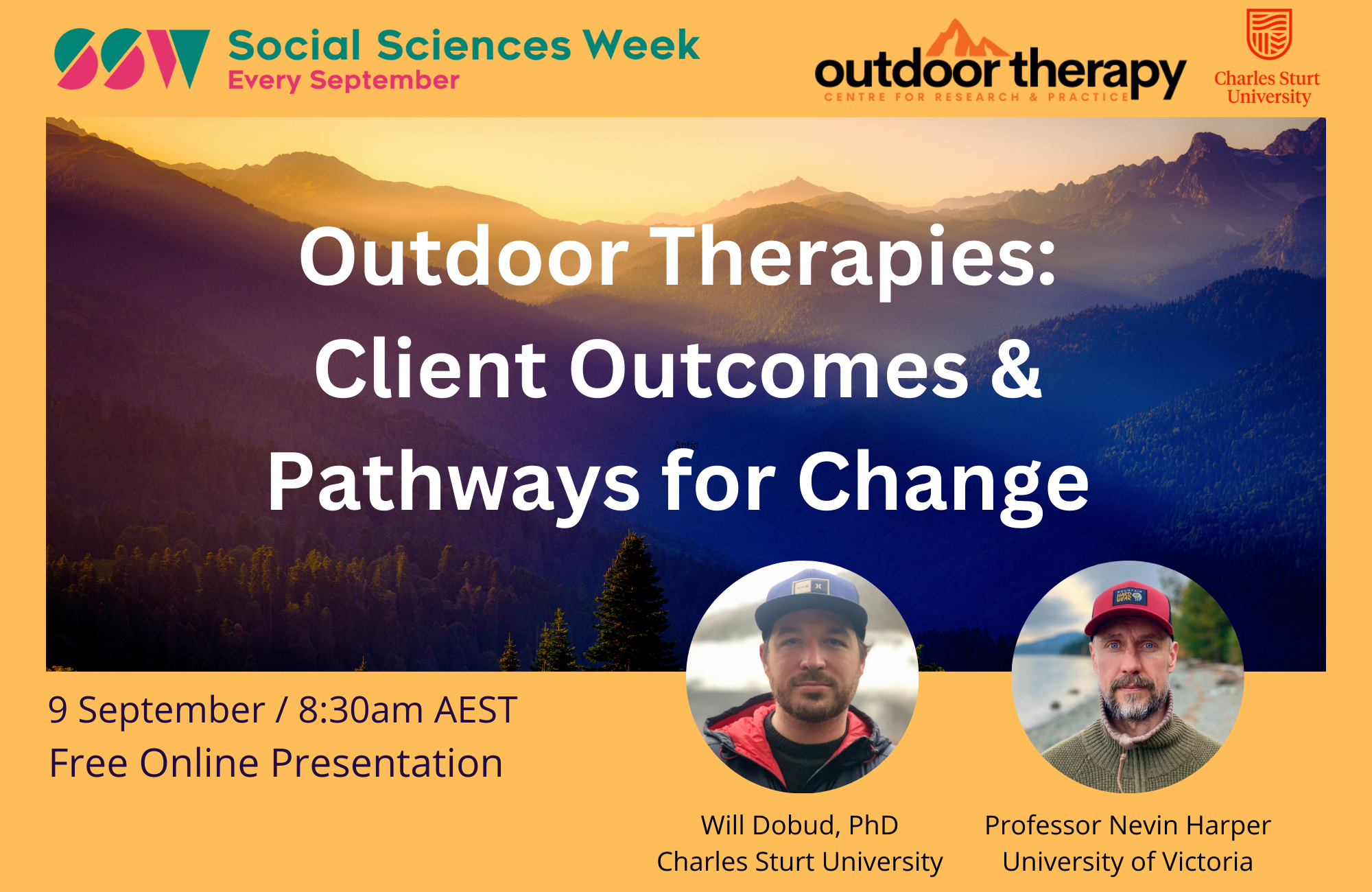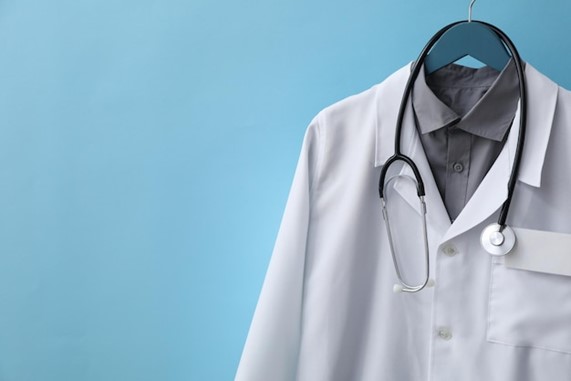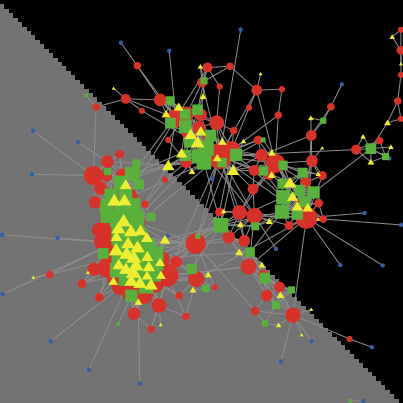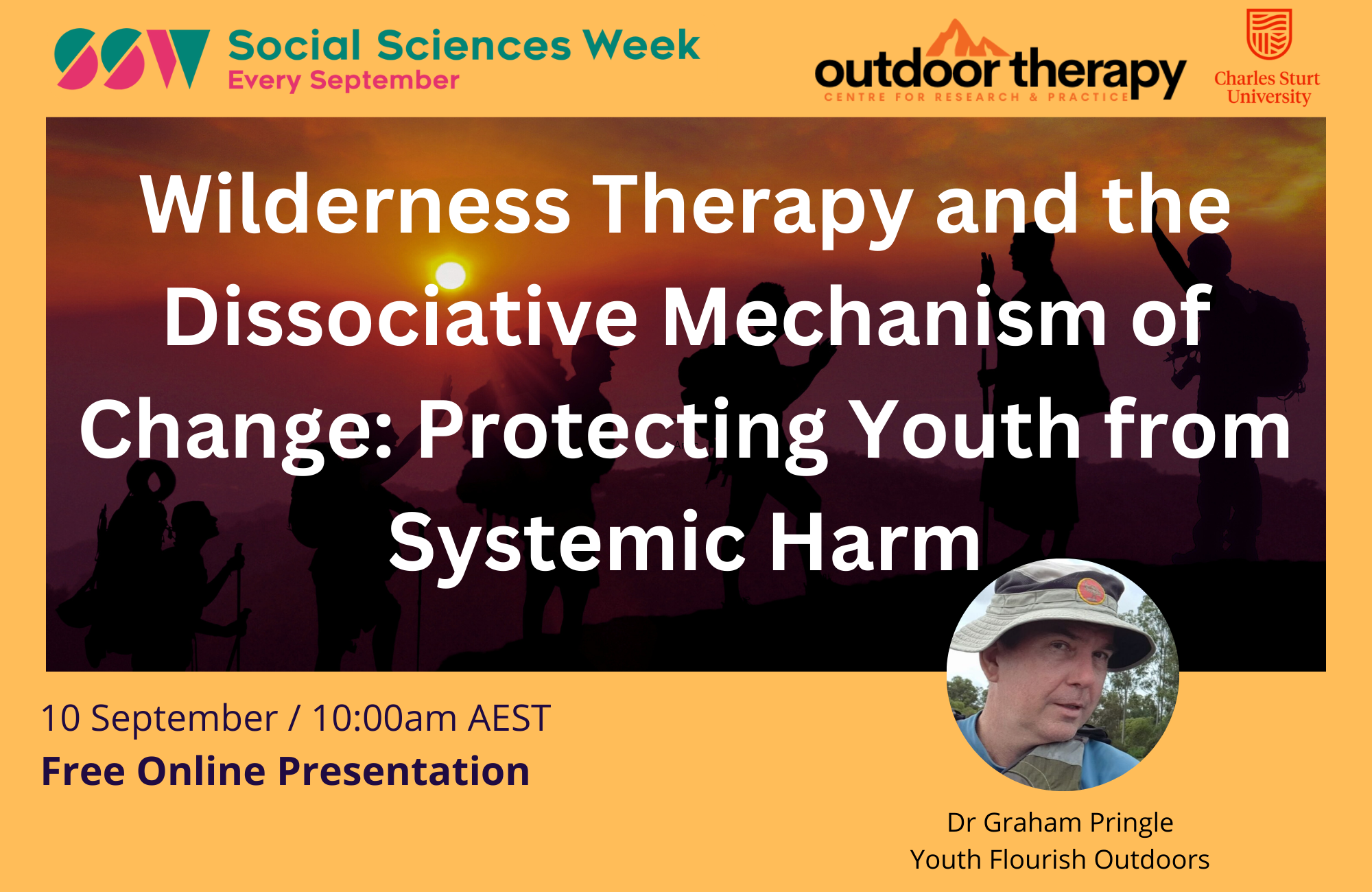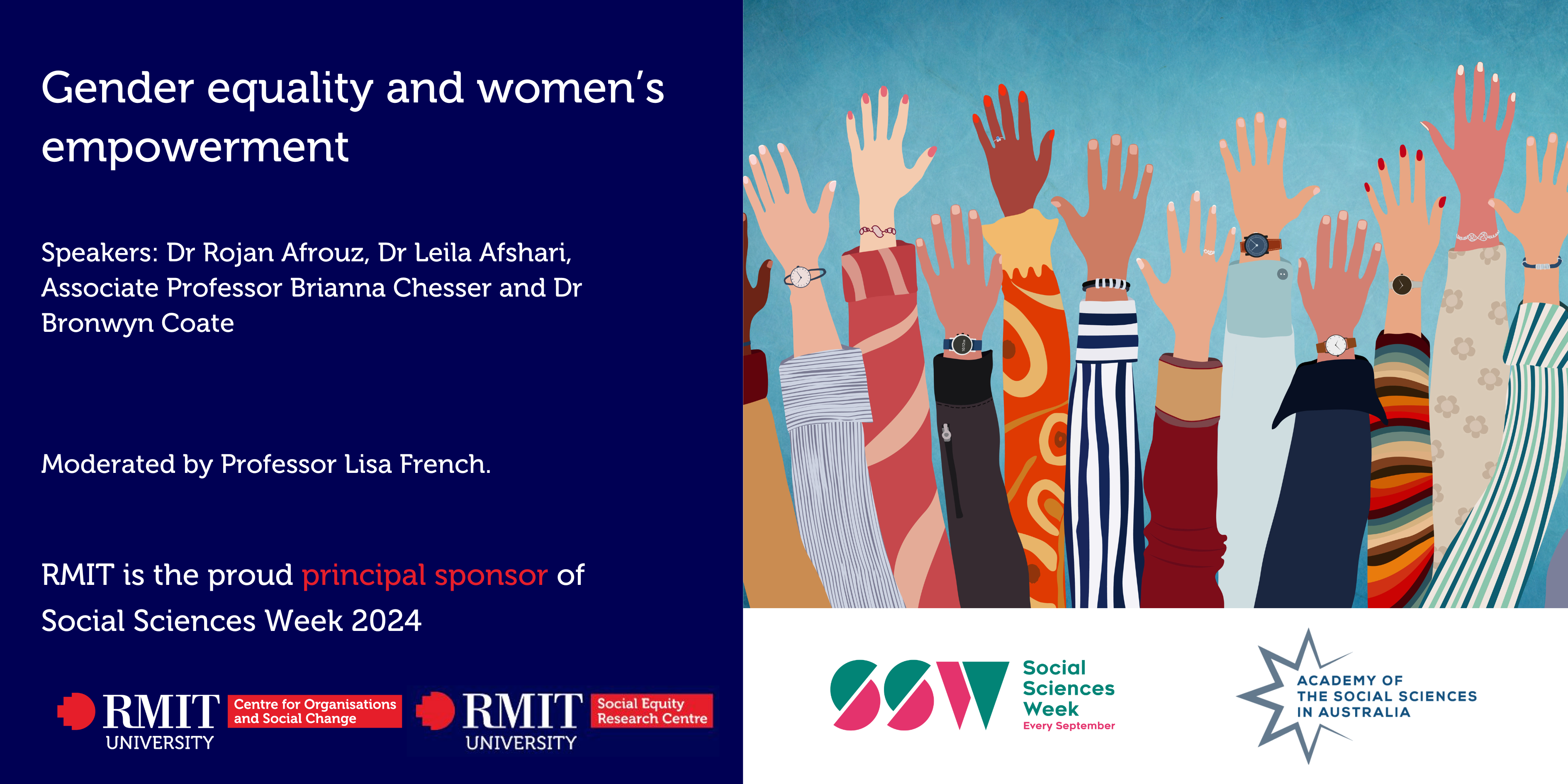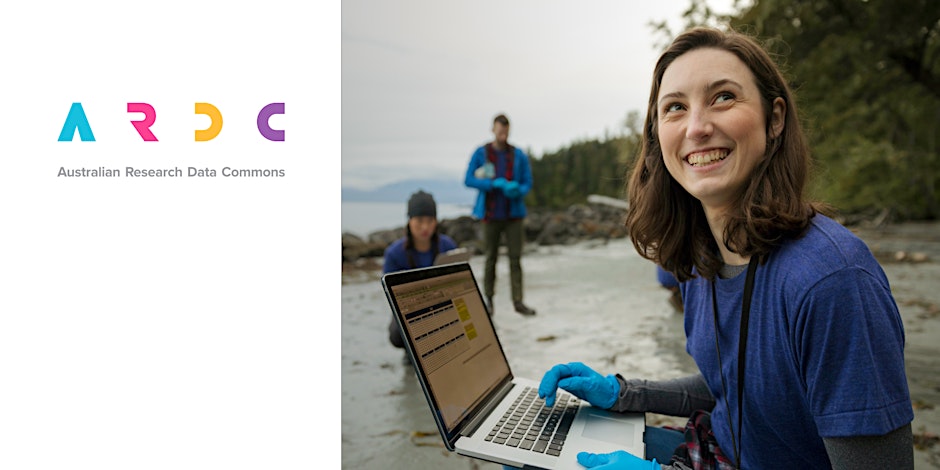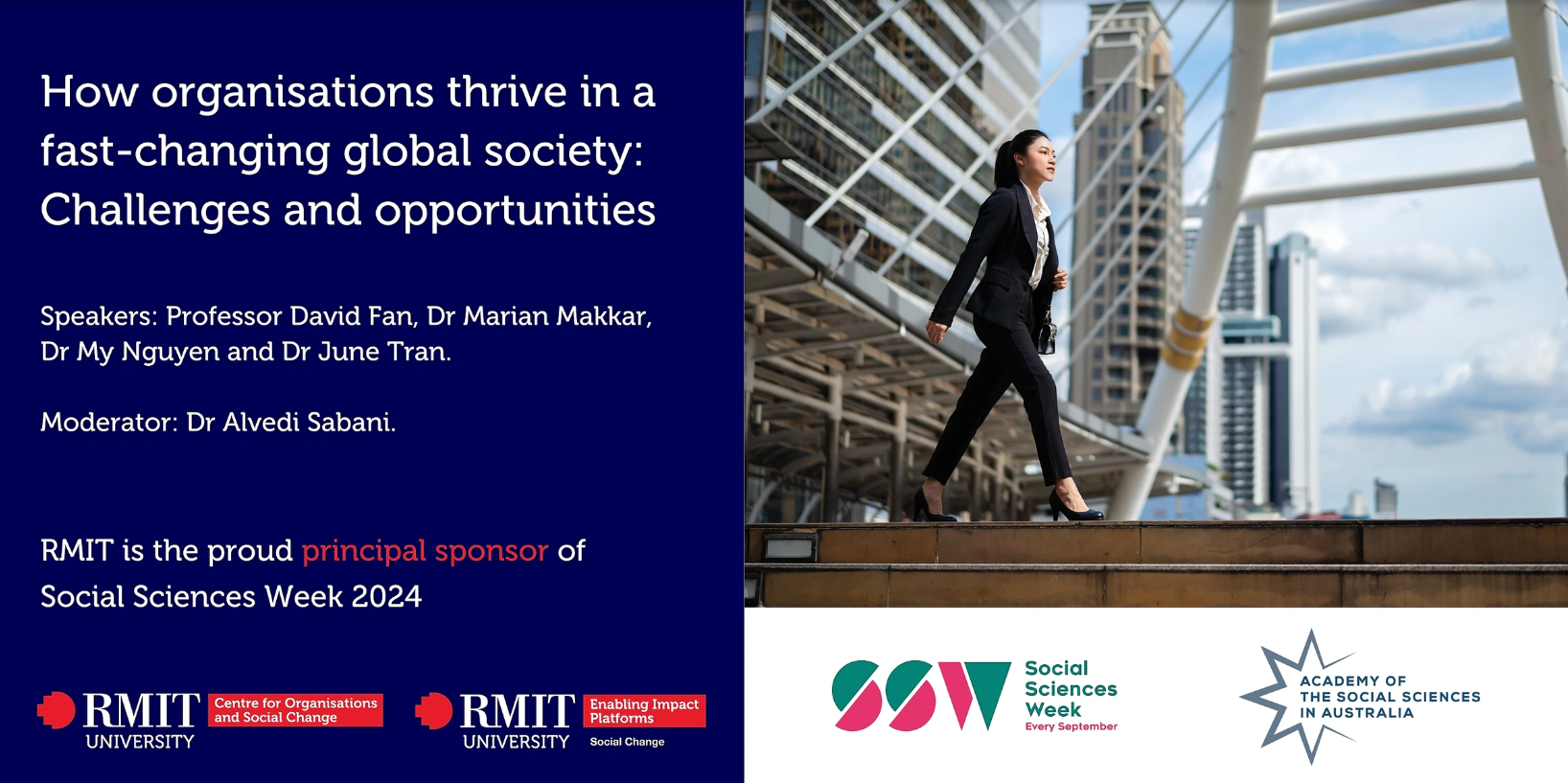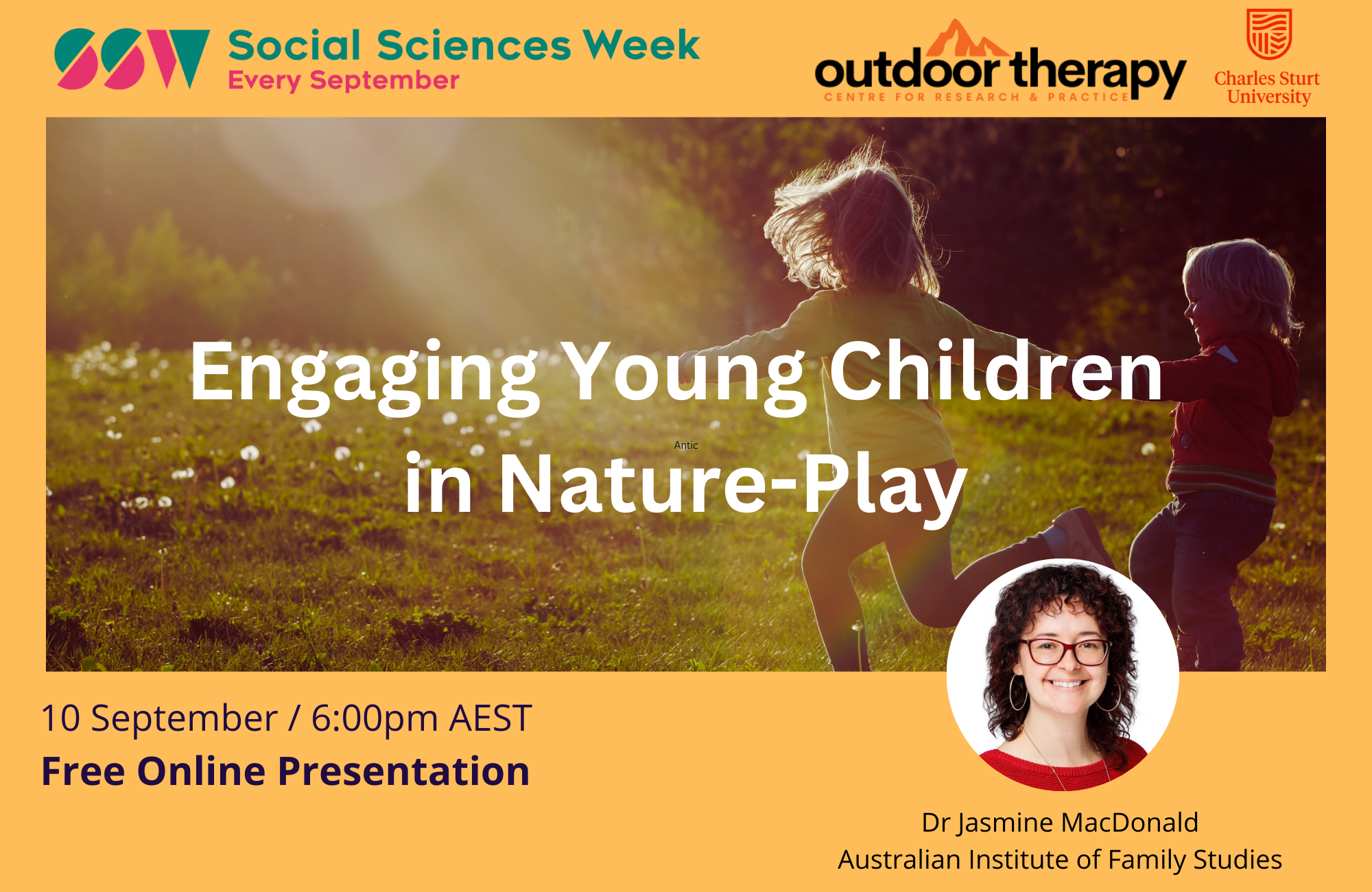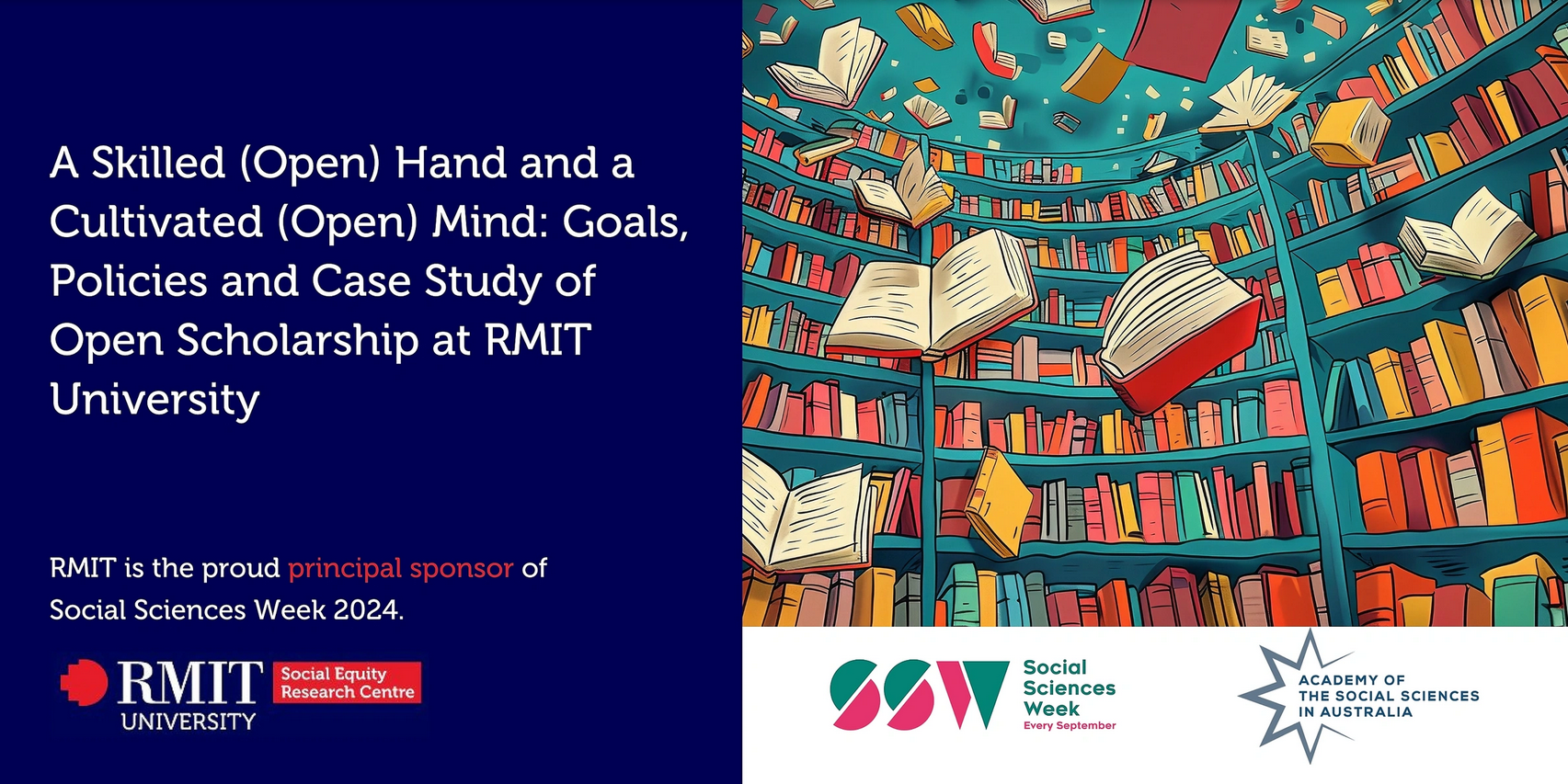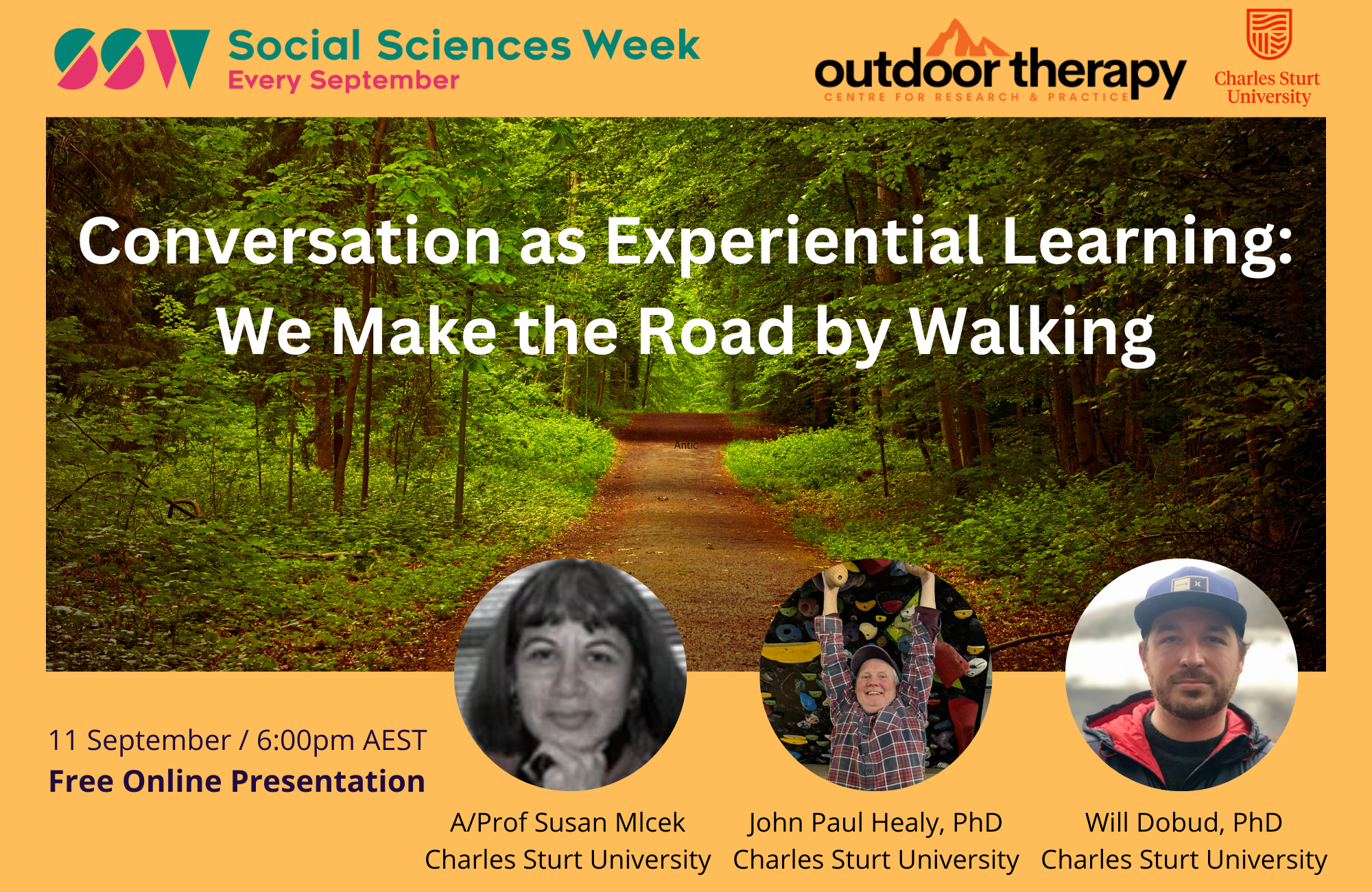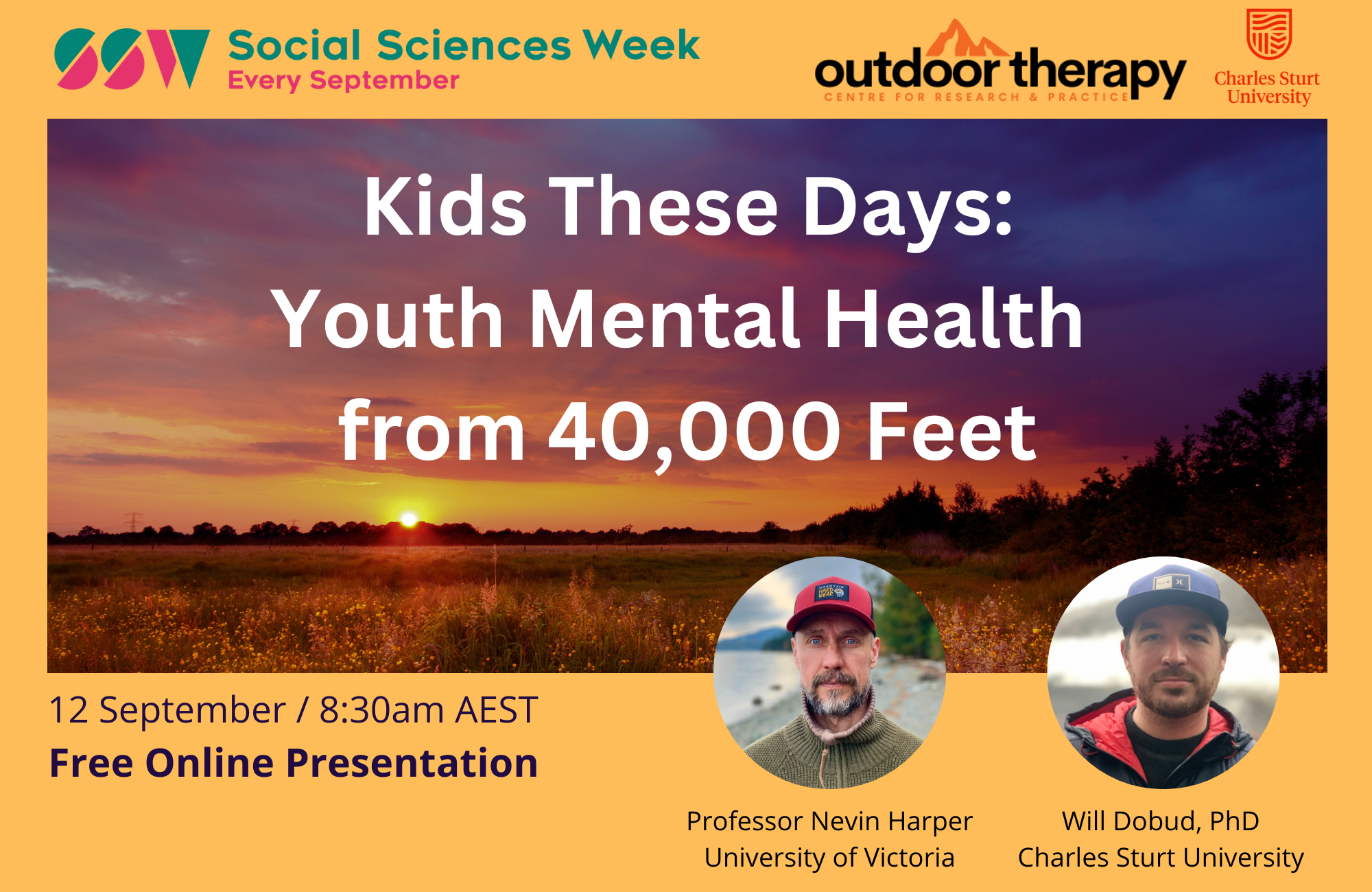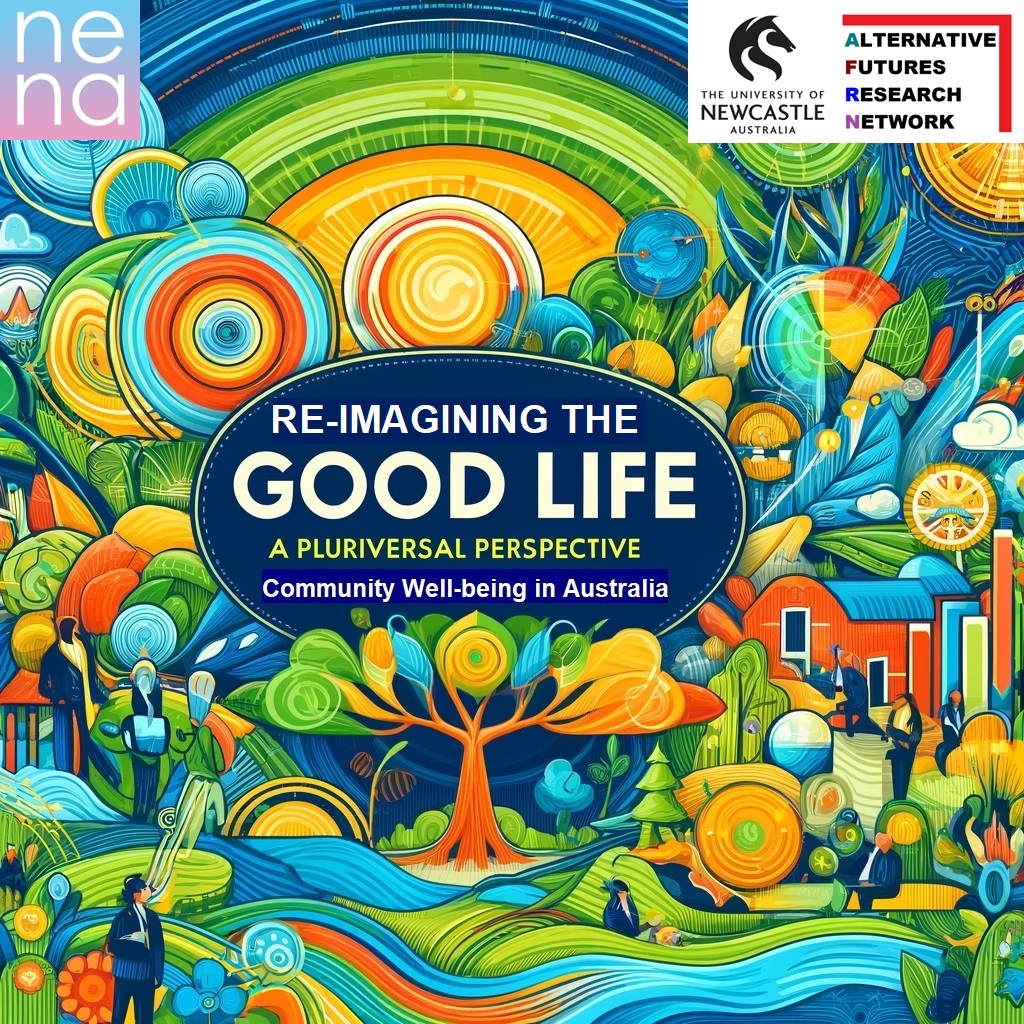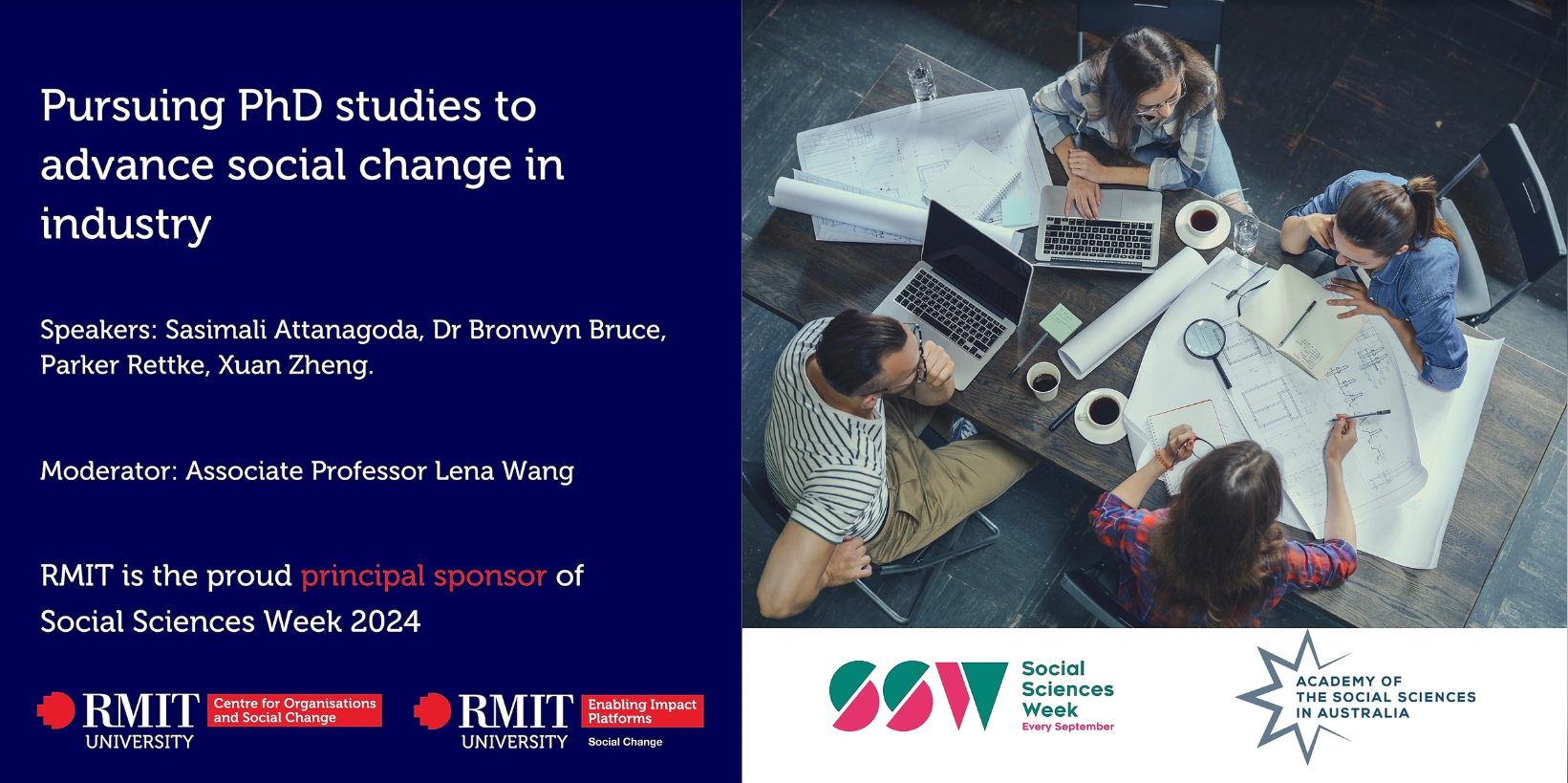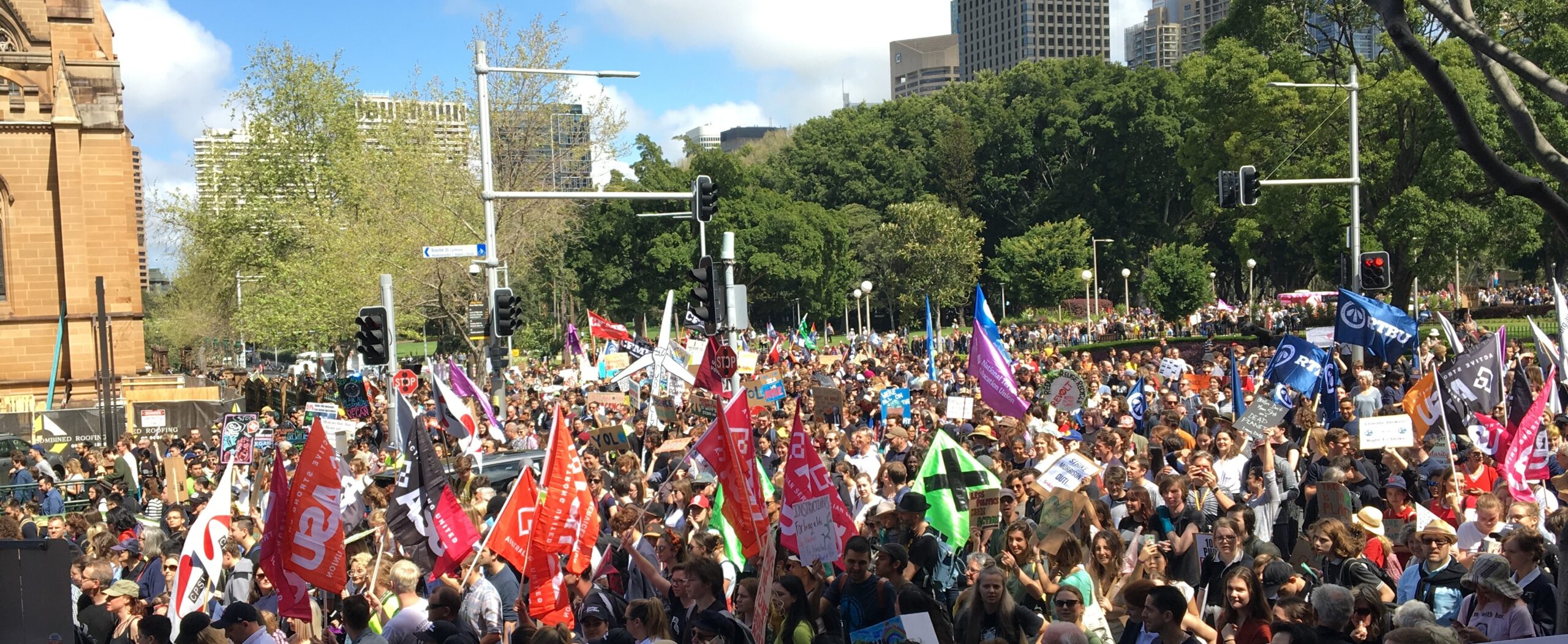Events
- Events
- Webinar
Week of Events
Making a Difference: How Does Social Change Happen?
Making a Difference: How Does Social Change Happen?
Recorded session - available on demand Policymakers confront growing challenges in areas as diverse—and often interrelated—as climate change, social inequality, artificial intelligence, work, migration, declining biodiversity, and new threats to public health. Responses require changes or modifications to deeply entrenched social and economic structures. Consequently, reform attempts often generate conflict and resistance from those with a real or perceived interest in those structures. How can such conflict be managed to deliver urgently needed reforms? This question is central to social scientists, whose work is vital to both the implementation of effective policy, and to understanding the societal implications of policy choices. A panel of six leading social scientists analysed foundations and strategies of policy change in their areas of expertise—including some of the biggest, most difficult and pressing global and national challenges. This panel highlighted the breadth, diversity, and interrelationships within and between, social scientific and other disciplines, and their central importance to addressing these challenges. Each panellist addressed three thematic questions: What is the central conflict or problem inherent to their research topic? How can this be managed or overcome? What skills or insights enable social science to make a difference to public policy—and debate thereof—in their research field? […]
Outdoor Therapies: Client Outcomes and Pathways for Change
Outdoor Therapies: Client Outcomes and Pathways for Change
This presentation will examine the contemporary research and evidence-base related to outdoor therapies. Attendees will examine what works in outdoor therapy and explore how to become not only evidence-builders themselves, but evidence-informed outdoor practitioners.
Harmful care, careful harm: relational entanglements in migration
Harmful care, careful harm: relational entanglements in migration
Hosted by the Sydney Centre for Healthy Societies, this timely event will bring together experts from the diverse corners of the field of migration studies to consider the complex and dynamic relationship between care and harm in international migration. Scholars of migration have documented the multivarious forms of harm that arise from the systems, institutions and interactions surrounding the movements of people across borders. Researchers have also explored the many forms of local and transnational care that are created by, or persist despite, international migration. In this event, we explore the ways care and harm are interwoven, interdependent and mutually constitutive in diverse migration contexts. Relationships of care (for example, between migrants or between migrants and ‘allies’ in civil society) may arise in response or resistance to the harms imposed by exploitative policies and practices. Equally, policies and practices that appear to be ‘caring’ may reproduce, obscure or naturalise harm, at times perpetuating the very inequalities and injustices they purport to address. Grounded in diverse settings including immigration detention, aged care, temporary labour migration schemes, the family home, and media platforms, the speakers will present brief talks drawing on their specialist research. The speakers will then come together for a panel discussion of harmful care, careful harm, and the […]
Doctors with a difference? Social science insights on widening participation in medicine: Australian, Canadian and UK perspectives
Doctors with a difference? Social science insights on widening participation in medicine: Australian, Canadian and UK perspectives
Medical schools have historically been prestigious and exclusive institutions, filled with students who come from much wealthier families than average. Elaborate and competitive selection processes and the costs involved in applying to medicine are barriers to students from low-income backgrounds, as well as the perception that medicine is out of reach. For over two decades, widening participation initiatives have focused on encouraging underrepresented groups to apply to medical school, including low-income and ‘first-in-family’ students whose parents are not university-educated, based on the assumption that a more diverse medical profession will lead to better care and health outcomes for patients. The success of these initiatives has largely been measured by statistics showing increased application and admission rates of low-income/first-in-family students. Much less attention has been paid to the experience of these students once they enter medical school, and even less is known about their experiences, aspirations and trajectories as doctors. Are there residual forms of inequity that persist within medical schools, and beyond? How do low-income/first-in-family students see themselves relating to the medical profession and to patients? This webinar presents findings from three countries on the experiences of medical students and doctors who are the first in their family to attend […]
An introduction to Computational Social Science
An introduction to Computational Social Science
Computational social science (CSS) frequently uses Agent-based models (ABMs) to model social phenomena. ABMs are ‘bottom-up’ representations of individuals (computational agents) who exist within a society of other agents and who interact on a local scale based on sets of rules that govern their behaviour. When used like this, ABMs are attempts to create ‘Artificial Societies’ that we can study. The advantage of creating artificial societies is that imagined policies or interventions can then be made within these representations and the outcomes of those policies can be observed prior to implementation in the real world. The models can be anywhere between instructive or predictive, with the sophistication and detail of models often geared toward their purpose in this regard. In general, the most interesting models are those that try to replicate the generation of a large-scale social phenomenon when the mechanisms that create that phenomenon are currently unknown or contested (e.g., crowd behaviour, social behaviour, health behaviour, political behaviour, etc.). This session will introduce the audience to example agent-based models used in Computational Social Science and show how they can be used to augment existing research agendas, test theory, and trial simulated policies. We'll provide some very brief introductory 'how […]
Wilderness Therapy and the Dissociative Mechanism of Change: Protecting Youth from Systemic Harm
Wilderness Therapy and the Dissociative Mechanism of Change: Protecting Youth from Systemic Harm
This presentation explores the use of cognitive or adaptive dissonance and involuntary treatment foin Wilderness and adventure therapy (WT, AT) for youth. Past WT participants have protested that involuntary, inescapable and harsh conditions harmed them through PTSD and dissociation. In this presentation, we compare dissonance and dissociation using a critical realist and argumentative research process using publicly available data. We argue that dissociation is a response, recorded both in the design of some WT practices and in participant statements and is often mistaken for dissonance. Deliberate use of forced cognitive dissonance during involuntary treatments align with the conditions that may cause dissociation. Therefore, planning to enforce cognitive dissonance during coercive WT or AT is likely to be harmful and, knowing of this potential, may be regarded as malpractice.
Gender equality and women’s empowerment
Gender equality and women’s empowerment
This event brings together academics from across a range of disciplines to engage in meaningful discussions and collaborative efforts towards a more just and secure society for women. Join RMIT academic experts as they share knowledge, best practices, and innovative solutions to help promote and protect the rights and wellbeing of women: Dr Leila Afshari (Management) Associate Professor Brianna Chesser (Criminology and Justice) Dr Bronwyn Coate (Economics) Dr Rojan Afrouz (Social Work) Moderated by Professor Lisa French. Tuesday 10 September Time: 10.30-11.30am Online via Teams
Enhancing Metadata for Inclusive Research on Entrenched Disadvantage
Enhancing Metadata for Inclusive Research on Entrenched Disadvantage
Join us during Social Science Week for a webinar on some exciting new developments from the ARDC. Learn about the ARDC’s HASS and Indigenous Research Data Commons and the collaborative project: Enhancing Metadata for Inclusive Research on Entrenched Disadvantage, and improvements to metadata for an important dataset for social science researchers. Learn about developments in integrated administrative social science data (IASSD); of the Higher Education (HE) administrative data within the Australian Bureau of Statistics (ABS) Person Level Integrated Data Asset (PLIDA) (formerly known as Multi-Agency Data Integration Project (MADIP) data) with a view to increasing the ongoing utility of this data for researchers and analysts. The project was led by researchers at the Institute for Social Science Research (ISSR) at the University of Queensland, in collaboration with the Australian Research Data Commons (ARDC), the Australian Bureau of Statistics (ABS), the Australian Department of Education, and the ARC Centre of Excellence for Children and Families Over the Life Course (Life Course Centre). Speakers * Professor Wojtek Tomaszewski, Deputy Director (Research) and a Research Group Leader at the Institute for Social Science Research, University of Queensland * Dr Matthew Curry, Research Fellow, Institute for Social Science Research, University of Queensland * Jenny Fewster, Director, HASS and Indigenous Research Data Commons, ARDC Who Should Attend? * social […]
How organisations thrive in a fast-changing global society: Challenges and opportunities
How organisations thrive in a fast-changing global society: Challenges and opportunities
In an era marked by rapid technological advancements, evolving market dynamics, and unprecedented global interconnectedness, organisations are constantly navigating a landscape of both challenges and opportunities. This event will delve into the strategies and insights that enable organisations to not only survive but thrive in such a fast-changing global society. Join the following innovative academic thinkers as they explore the key factors that contribute to organisational success amidst volatility and complexity. Professor David Fan (Human Resource Management) Dr My Nguyen (Finance) Dr Marian Makkar (Marketing) Dr. June Tran (Management) Through an expert-led panel discussion, attendees will gain a comprehensive understanding of embracing cultural diversity, sustainability and corporate responsibility and global market trends and opportunities. This event is a must-attend for executives, managers, and professionals who are keen on equipping their organisations with the tools and knowledge needed to thrive in a rapidly changing world. Attendees will leave with actionable insights and practical strategies to drive their organisations forward, ensuring they remain competitive and resilient in the face of ongoing global challenges. Join us as we explore the multifaceted ways in which organisations can achieve lasting success in a fast-changing global society. Tuesday 10 September 2024 Time: 2-3pm Online via Teams
Engaging Young Children in Nature-Play
Engaging Young Children in Nature-Play
This presentation provides a synthesises of the research evidence relating to young children's engagement in nature play. The presentation will cover what nature play is factors, impacting the likelihood of young children engaging in nature play, and ways to support parents to involve young children in nature play.
A Skilled (Open) Hand and a Cultivated (Open) Mind: Goals, Policies and Case Study of Open Scholarship at RMIT University
A Skilled (Open) Hand and a Cultivated (Open) Mind: Goals, Policies and Case Study of Open Scholarship at RMIT University
RMIT University has worked to support Open Scholarship over several years. It now has a suite of resources and policies to support its goal to encourage and concretely support the development of Open Education Resources by RMIT staff. This online session outlines what Open Scholarship and Open Education Resources are, and their benefits, and introduces the ways in which RMIT now enables its educators to develop and publish open-access materials. This session explores a case study of open scholarship, an edited volume titled A Skilled Hand and a Cultivated Mind: A Culture of Learning and Teaching at RMIT University (2024; eds: Lee, Ducasse, Ni, Quek and Yoshida). The editors of this volume reflect on their experiences in developing this book for RMIT Open Press and how they collaborated with RMIT’s library to make it happen.
Conversation as Experiential Learning: We Make the Road by Walking
Conversation as Experiential Learning: We Make the Road by Walking
This event will delve into how genuine, caring, and culturally intuitive conversations can transform collective experiences into knowledge. Join educators from Charles Sturt University's School of Social Work and Arts to discuss how philosophy underpinning experiential learning not only created the groundwork for social work education, but can be revisited to transform student experiences.
Kids These Days: Youth Mental Health from 40,000 Feet
Kids These Days: Youth Mental Health from 40,000 Feet
Join Professor Nevin Harper and Dr. Will Dobud as they discuss the findings from their recent Kids These Days project. The Kids These Days book, scheduled for publication in 2025, was born from conversations with leading experts in all things related to youth mental health and the current mental health crisis occurring in our youth. While many have argued its caused by the phones, overprotection, or even bad therapy, this presentation zooms way out to discuss some of the wicked problems impacting youth, and what adults can do about it.
Re-imagining the Good Life: A Pluriversal Perspective on Community Well-being in Australia
Re-imagining the Good Life: A Pluriversal Perspective on Community Well-being in Australia
In a world grappling with profound socio-economic and ecological challenges, a growing movement of grassroots, civil society, and policy-advocacy activists and think tanks has pushed for significant reform beyond the current economic growth mania. By emphasizing the centrality of well-being and quality of life, they seek to redefine our relationship with the economy and ecology. However, the critical question remains: What do we really mean by quality of life and well-being? Join Dr S A Hamed Hosseini, author of The Well-living Paradigm paper, from the School of Humanities, Creative Industries, and Social Sciences at The University of Newcastle, for a compelling presentation during Social Science Week. This webinar, co-hosted with Dr Michelle Maloney, director of New Economy Network Australia (NENA), our honoured project partner, will explore the innovative 2021-2024 research project aimed at rethinking community well-being and quality of life from a pluriversal perspective. The presentation will examine diverse, progressive perceptions of the ‘good life’ held by the sampled Australian progressive initiatives. Discovered through factor analysis of nationwide survey responses, these include ‘post-humanist’ (emphasizing strong connections to nature and a better understanding of the more-than-human living world), ‘counter-utilitarian’ (moving beyond individual satisfaction, use-value, and pleasure), ‘counter-economistic’ (negating the superiority of […]
Pursuing PhD studies to advance social change in industry
Pursuing PhD studies to advance social change in industry
Undertaking PhD studies can be a powerful catalyst for advancing social change within various industries. This event will bring together current and recently graduated PhD students to discuss the unique opportunities and challenges that come with leveraging advanced academic research to foster meaningful societal impact. Speakers include: Sasimali Attanagoda (Graduate School of Business and Law) - The potential challenges of hybrid work on employees Dr Bronwyn Bruce (Economics, Finance and Marketing) – Younger women's long-term financial wellbeing through social marketing interventions Parker Rettke (Management) - Inclusion & The Iron Cage: Unleashing the Potential of Workforce Diversity Xuan Zheng (Graduate School of Business and Law) - Work Design For People With Disabilities. Moderated by Associate Professor Lena Wang. Hear from RMIT PhD students and graduates who have successfully implemented their research findings to drive social change in their industries. Gain practical advice on selecting research topics, securing funding, and overcoming common obstacles in your PhD studies. Explore the diverse career paths available to PhD graduates in both academia and industry, and learn how to position yourself for success. Thursday 12 September Time: 1-2pm Online via Teams
Climate contestation: mobilisations, intersections, possibilities
Climate contestation: mobilisations, intersections, possibilities
UTS Global Goals Month and ASSA Social Sciences Week 2024 UTS Annual Andrew Jakubowicz Lecture Climate contestation: mobilisations, intersections, possibilities Friday 13 September 12noon-130pm Online event, free registration: here With advancing climate change there are new convergences, both against climate action and for it. What intersectional alignments emerge? How does this shift politics, local and transnational? What barriers and possibilities are created? This Social Science Week Roundtable reflects on the state-of-play as society responds to climate disruption. Chair: Chris Ho (UTS) Presenters: James Goodman (UTS) - Is society 'climatizing'? Heidi Norman (UNSW) - Indigenous Peoples and climate change Priya Pillai (UTS/ASAR) - View from India - Global South climate justice Jon Marshall (UTS) - The conservatives: anti-renewables and the nuclear lobby Michelle Catanzaro (WSU) - Youth climate protest Julia Scott-Stevenson (UTS) - Diverse imagination and climate futures Discussant: Andrew Jakubowicz (UTS) There will be short contributions followed by Chair-moderated discussion. The forum will be in zoom meeting room format to allow participants to directly contribute. The meeting will be recorded and edited to publish on UTS Central News. Hosted by Social and Political Sciences discipline, FASS UTS, with the Climate, Society and Environment Research Centre (CSERC). Further info: James Goodman, james.goodman@uts.edu.au

